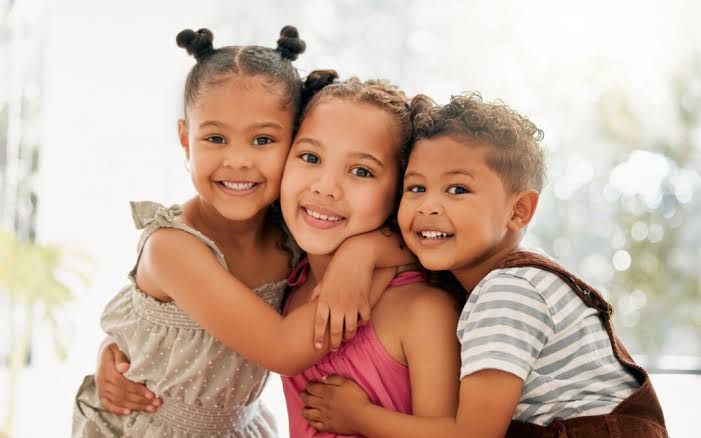
It's a sobering realization, but it's the truth. Furthermore, even in households where there is no dissolution of the family, the majority of children will devote extra time with their other siblings than with their parents during the course of their lives. Compared to parent-child connections, however, relationships between siblings and their impact on children's behavior and health have received significantly less attention. You can select your pals, but you cannot select your family, as the expression goes.
Sibling rivalry can quickly swing from affection to animosity and is often quite severe. This is not inherently negative; in fact, it's a great place to begin developing social skills and relationship-building abilities.
Those of us with siblings have long known the results of recent research: siblings influence each other deeply and personality and birth order are indeed related. It should be noted that the oldest child's influence on the child who is younger or children is usually the greatest. This is frequently the case, however it isn't always. For better or worse, a child's behavior, adjustment, and general wellbeing can be significantly influenced by their sibling relationship.
Sibling relationships continue to affect each other's mental health and wellbeing well into adulthood. Intimate and loving connections between siblings that are low in conflict can provide both monetary and emotional assistance, as well as act as a buffer against despair and loneliness. However, studies reveal a number of detrimental consequences in adulthood, such as substance abuse and depressive symptoms, that are linked to tense sibling relationships.
Furthermore, it might be particularly difficult to manage sibling relationships because they are rarely straightforward. "Siblings who have a lot of conflict are frequently also very loyal and affectionate to each other.
Even though sibling relationships are complicated, psychologists are elaborating on their significance. These connections have a big impact on a child's growth during childhood, often even more so than their parents' or friends' influence. On the other hand, sibling dispute can cause stress to the whole family and can lead to adult sadness and loneliness. Thankfully, research is also suggesting strategies for improving sibling relationships.
A multitude of favorable outcomes, such as social competence and peer acceptability, academic participation and educational accomplishment, and close connections in adolescence and early adulthood, have been associated with having loving and supportive siblings during childhood. According to their findings, having supportive siblings can also act as a protective shield against the damaging impacts of stressful life experiences like bullying or hostile parents.
Negative outcomes are another possible outcome of sibling conflict. Significant amounts of conflict and aggressiveness amongst siblings can have long-lasting repercussions on a child's mental health, even while small arguments can teach kids how to solve problems and handle conflict.
Upvoted. Thank You for sending some of your rewards to @null. Get more BLURT:
@ mariuszkarowski/how-to-get-automatic-upvote-from-my-accounts@ blurtbooster/blurt-booster-introduction-rules-and-guidelines-1699999662965@ nalexadre/blurt-nexus-creating-an-affiliate-account-1700008765859@ kryptodenno - win BLURT POWER delegationNote: This bot will not vote on AI-generated content